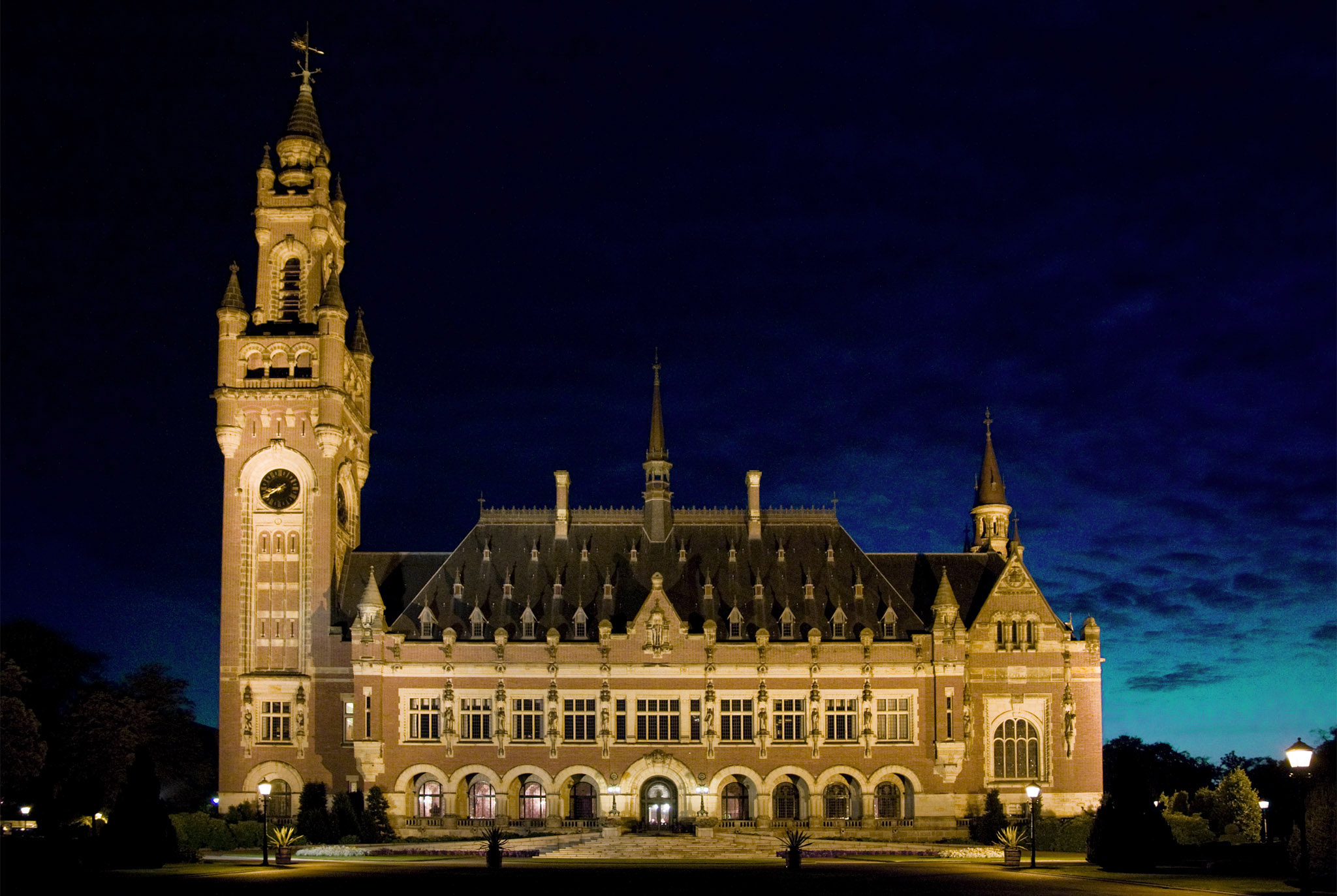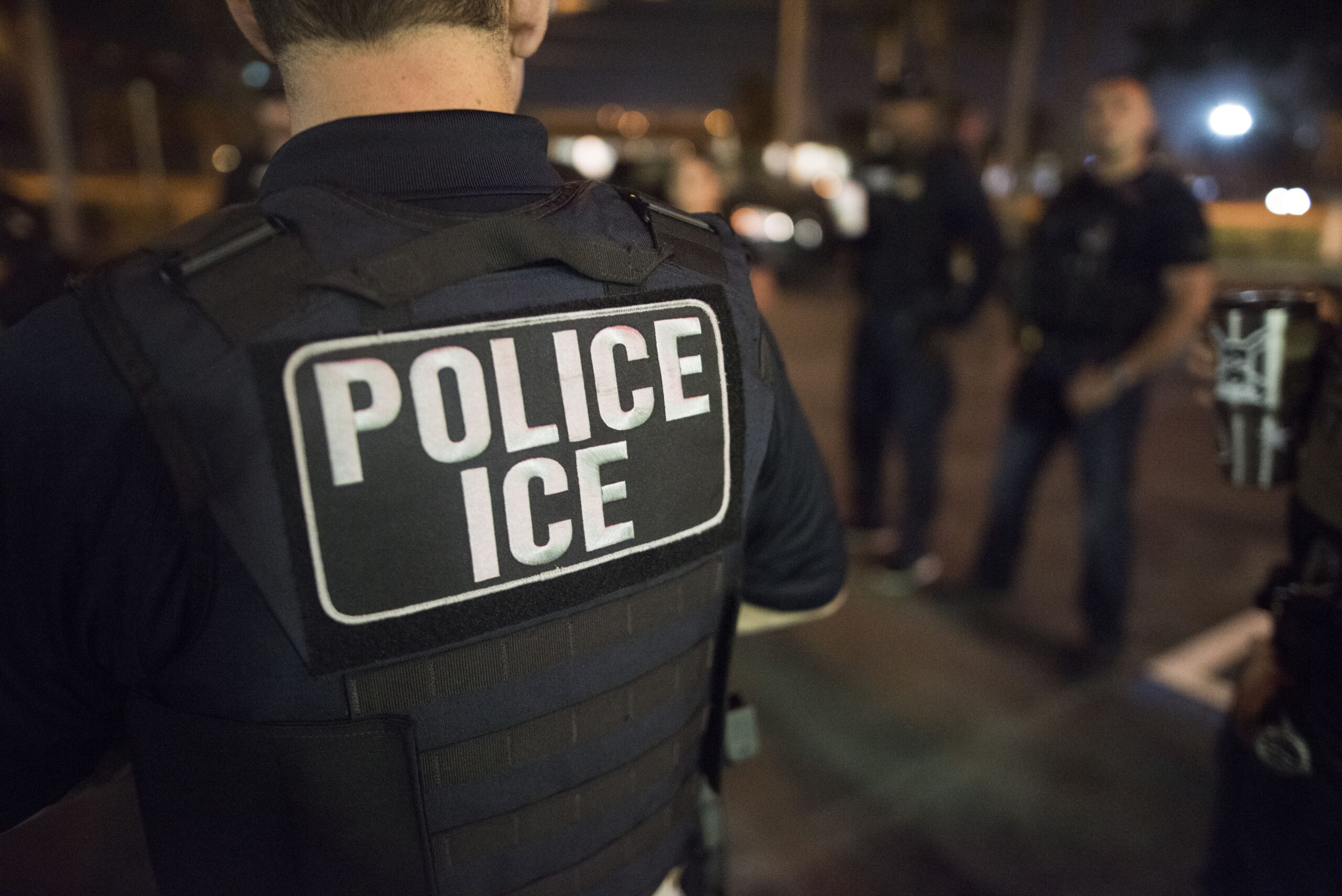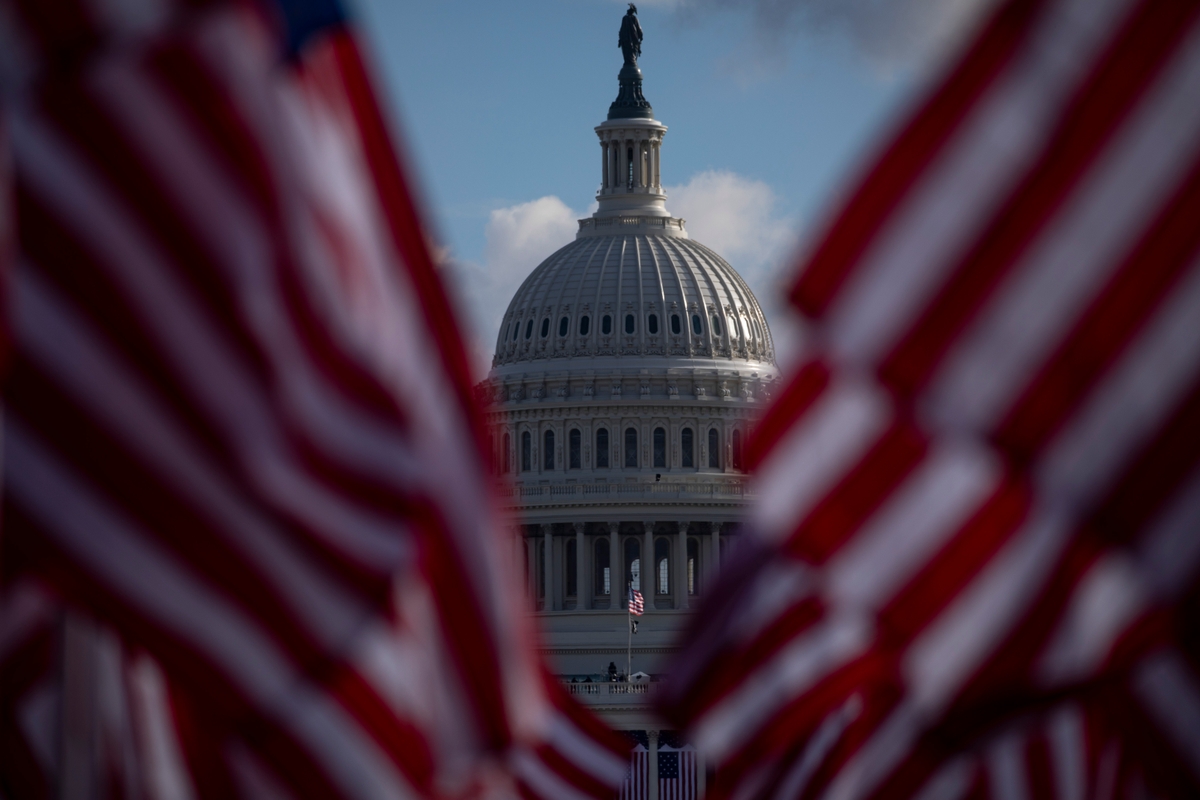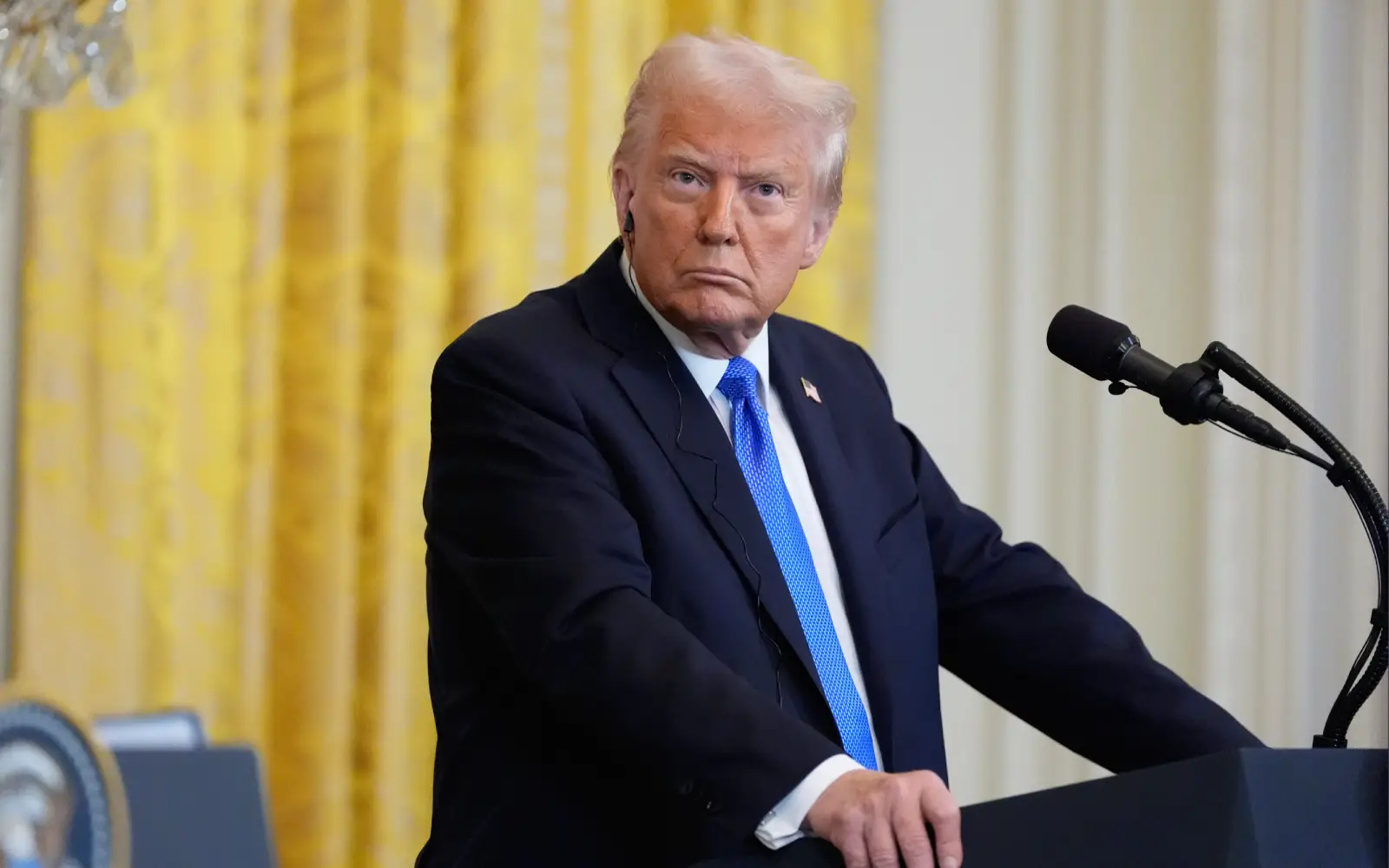Between January 20 and April 29, 2025, President Donald J. Trump and his inner circle unleashed a coordinated assault on democratic governance. Declaring an “America First 2.0” crusade, this regime moved swiftly to eviscerate constitutional safeguards and concentrate power in the executive branch. What followed was not mere policy change but the systematic dismantling of institutional checks that protect liberty.
A country that once called itself the ‘Land of the Free’ has become recognised by the world around it, as a country removing freedoms from citizens on a weekly basis. From an attack on the First Amendment to the human trafficking of American residents to a concentration camp in El Salvador, the Trump regime has goosestepped their nation into a historically dark place.
Trump’s early tenure was characterized by an extensive use of executive orders, President Trump systematically bypassed the legislative branch to enact policies on immigration, trade, and deregulation. Simultaneously, his administration directed the Justice Department to pursue investigations perceived as politically motivated, signaling a willingness to leverage prosecutorial power for partisan ends.
Assault on Constitutional Checks and Balances
On his first day in office, Trump issued an order to withdraw from the Paris Climate Accord, ignoring any meaningful debate in Congress. That move set the tone for his regime’s contempt for legislative authority. Within weeks, federal agencies saw a hiring freeze and plans to eliminate one quarter of senior civil service positions.
Career experts were replaced with loyalists motivated by politics rather than public service. At the Department of Justice, a March directive stripped independence from U S Attorneys by allowing the president to dismiss them without Senate approval. The implication was clear: prosecutors answer to the regime, not the rule of law.
Weaponizing the Administrative State
The regime’s strategy revolved around using executive power as a blunt instrument. A funding ban targeted sanctuary cities, threatening to withhold billions in grants unless local officials cooperated with aggressive immigration enforcement.
A proposed travel ban expansion would increase the list of banned countries from to 43. At the Environmental Protection Agency, industry lobbyists replaced scientists almost overnight, rolling back air and water protections with robotic efficiency. Across the federal government, rulemaking became secretive edicts rather than participatory processes.
The Regime’s Deportation Crusade and Assault on Rights in the First 100 Days of 2025
A Swift and Ruthless Campaign
In the first 100 days of 2025, the Trump regime transformed immigration enforcement into a spectacle of intimidation.
Teams of ICE agents descended without warning on neighborhoods across the country, forcibly dragging families from their homes in predawn raids. These operations did not discriminate between undocumented migrants and lawful residents. Reports surfaced of green-card holders, permanent residents, and even U.S. citizens being swept up alongside those without legal status.
One heart-wrenching case involved a ten-year-old girl undergoing cancer treatments; she and her mother were unceremoniously loaded onto a plane bound for Central America despite a judge’s explicit order halting their removal. This brazen defiance of court rulings exposed the regime’s willingness to sever constitutional guarantees in pursuit of its political agenda, sending shockwaves through immigrant communities and turning once-safe havens into zones of fear.
Fast‑Track Expulsions and Eroded Due Process
A clandestine memo circulated within the Department of Homeland Security called for the immediate fast-tracking of all deportation orders, effectively suspending the right to a meaningful hearing. Asylum seekers, many fleeing violence and persecution, found their claims denied without the opportunity to present evidence or consult counsel.
Lawyers described courtrooms where judges rubber-stamped removal orders in a matter of minutes, a stark departure from transparent, adversarial proceedings enshrined in law. Civil rights organizations filed an emergency lawsuit, and a federal judge temporarily blocked mass expulsions under the antiquated Alien Enemies Act.
Yet even that small reprieve did little to stem the tide of forced removals. By sidelining the judiciary and weaponizing administrative procedures, the regime cornered vulnerable populations with few legal avenues left to challenge their deportation.
Flagrant Abuse of Executive Power
At the heart of the deportation surge lay an aggressive consolidation of authority unprecedented in modern American history. In March, Trump issued a sweeping executive order revoking the long-established independence of U.S. Attorneys, allowing his administration to dismiss them at will and install loyalists beholden to political directives.
Within weeks, dozens of seasoned civil servants at DHS and the Justice Department were purged, replaced by campaign loyalists who executed mass-arrest orders without question. Congressional oversight committees found themselves stonewalled: subpoenas went unanswered, inspectors general were muzzled, and whistleblowers faced threats of incarceration under espionage statutes.
By politicizing the very institutions designed to oversee enforcement, the regime ensured that any internal dissent would be swiftly quashed, leaving deportation policies unchecked by legal or legislative restraint.
Threats to Weaken Foreign Allies and Expand Influence
The reach of the regime’s power play extended far beyond American borders. Senior administration officials publicly warned neighboring countries that failure to accept deported individuals would result in the withdrawal of trade agreements, punitive tariffs, and the suspension of essential security partnerships.
These ultimatums came against a backdrop of aggressive rhetoric suggesting the possible annexation of parts of Canada and Greenland “to secure our borders,” a proposal that evoked echoes of imperial conquest more than diplomatic negotiation. Such threats undermined decades of careful alliance-building and sent ripples of uncertainty through international markets. By using economic blackmail and territorial posturing, the regime signaled an alarming willingness to destabilize geopolitical norms for domestic political gain.
Americans Stripped of Rights or Exiled
No corner of American society was immune from the regime’s draconian measures. Multigenerational households found themselves split apart when some members were detained and expelled, while U.S. citizen relatives were left to navigate sudden loss of support and safety.
In one reported incident, an 80-year-old U.S. citizen grandfather with no criminal record was deported under a newly broadened “public charge” criterion, an Orwellian twist that transformed an immigration standard into an instrument of expulsion.
Such actions tore at the fabric of citizenship, suggesting that birthright could be revoked on a whim. Hospitals scrambled as deported patients lost access to critical care, and school districts grappled with absenteeism caused by parents detained in ICE facilities.
With basic rights eroded, freedom of movement, due process, and even the promise of medical care, the regime’s policies struck at the core of what it means to be an American.
The Looming Shadow of a Second Term
As the scandal of forced removals mounted, whispers of a second Trump term grew ever louder within the corridors of power. Strategists plotted to enshrine fast-track deportation and surveillance authorities into permanent law via executive decrees, effectively bypassing Congress.
The move toward a third term seems to now be set in stone, as Trump begins to sell merchandise promoting his campaign. Elon Musk, leader of Trump’s purge team, ‘DOGE’, had even retweeted a picture suggesting that a fourth term would follow the illegal third.
Democracy Under Siege
In barely four months, the Trump regime weaponized deportation to enforce political obedience and dismantle constitutional safeguards.
Through a combination of fast-tracked expulsions, internal purges, international coercion, and attacks on citizenship, it laid bare the fragility of democratic protections. This was not governance, it was an assault on the rule of law. Preserving American democracy now hinges on restoring due process, safeguarding judicial independence, and holding those responsible to account.
The battle for the nation’s soul will be fought in courtrooms, legislatures, and the streets; the outcome will define whether the United States remains a republic of laws or succumbs to the whims of unchecked power.
Author
Discover more from The Crustian Daily
Subscribe to get the latest posts sent to your email.













